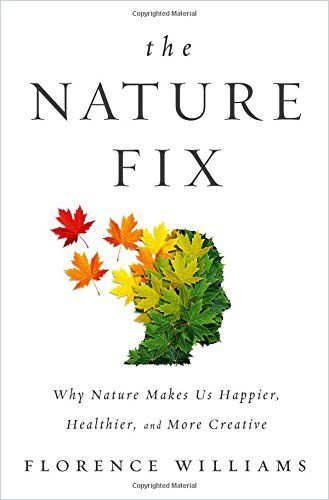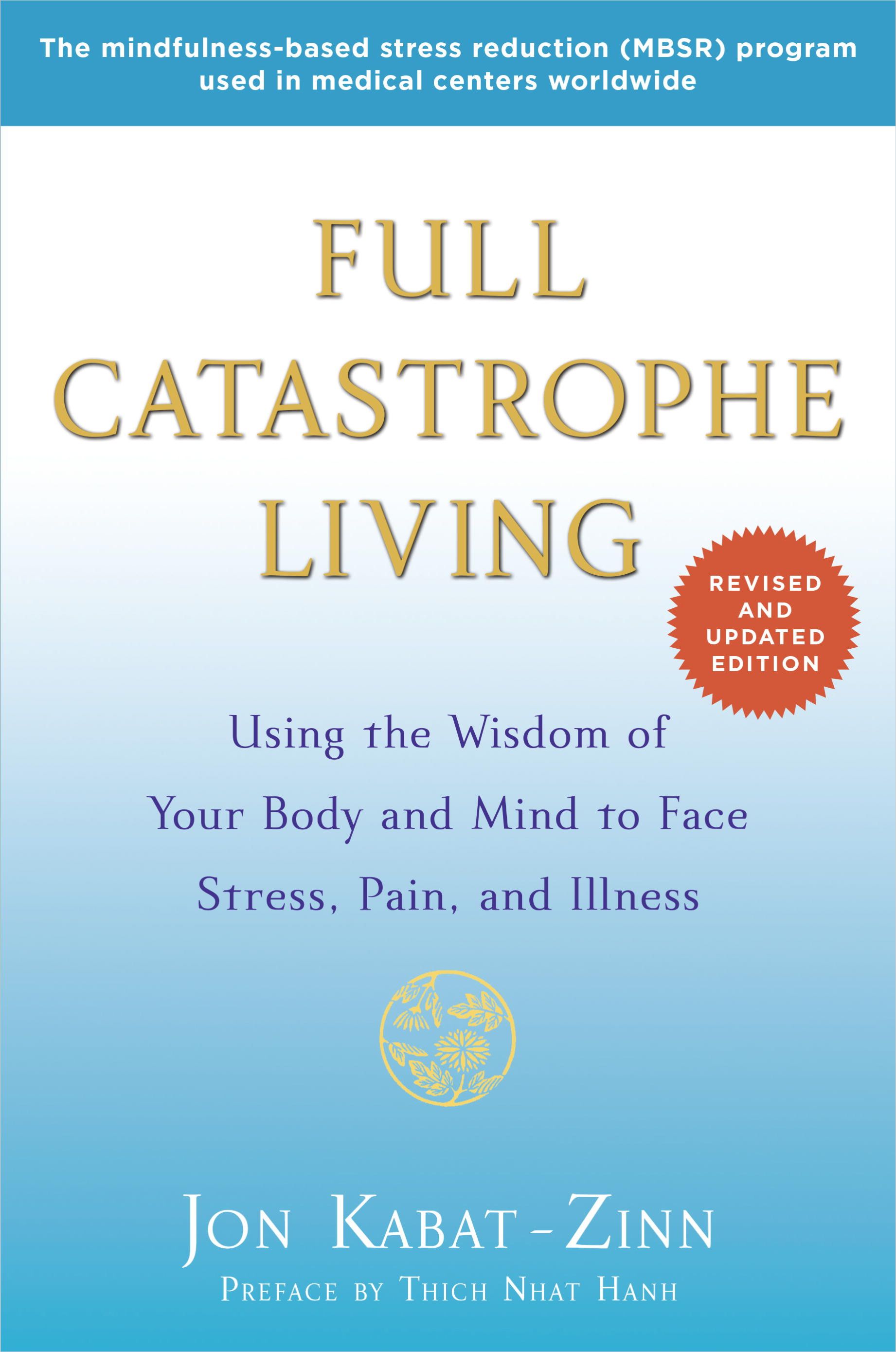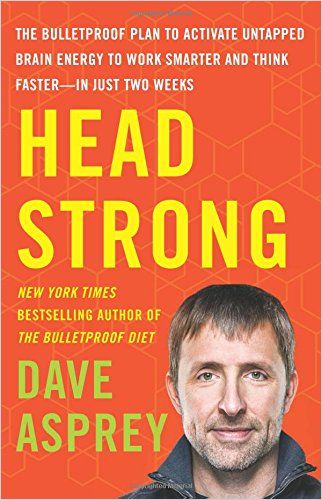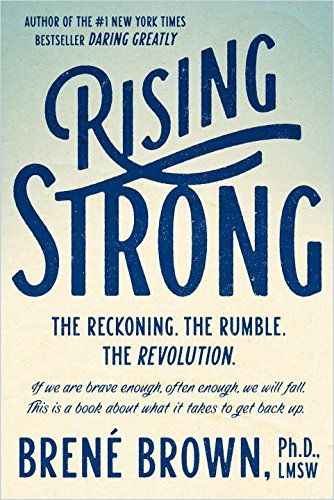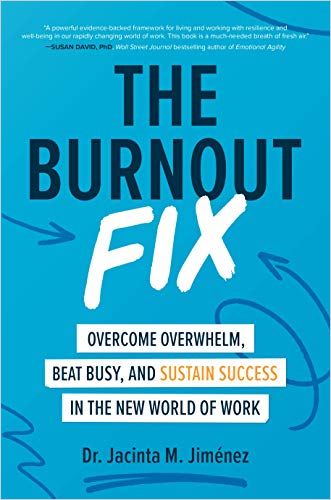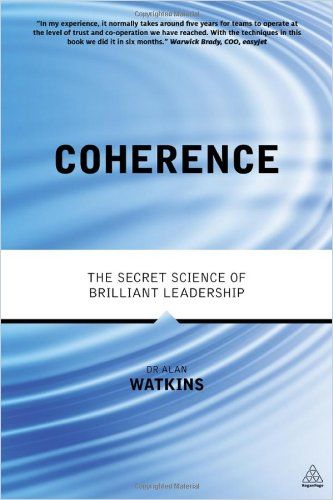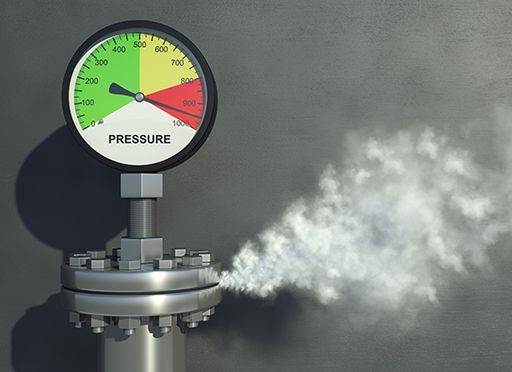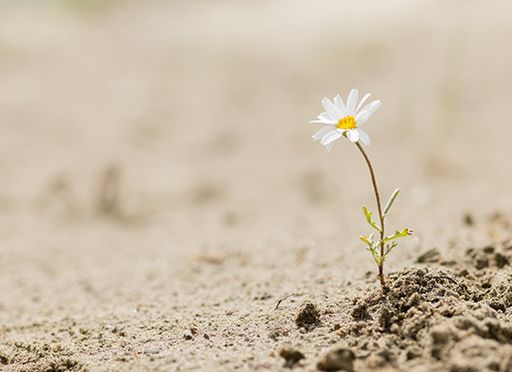Kelly McGonigal

Kelly McGonigal is a health psychologist who specializes in understanding the mind-body connection. She is the best-selling author of The Willpower Instinct and The Upside of Stress. Her latest book, The Joy of Movement, explores why physical exercise is a powerful antidote to the modern epidemics of depression, anxiety and loneliness.
A leading expert in the new field of “science-help,” she is passionate about translating cutting-edge research from psychology, neuroscience and medicine into practical strategies for health, happiness and personal success.
1. Kelly McGonigal’s Key Findings and Messages
- Your attitude toward stress, rather than stress itself, begets the adverse side effects often associated with stress. Reframing your attitude toward stress will lead to a healthier physiological response to stressful situations.
- Willpower is a mind-body response, not a character attribute. You can train your brain to increase your willpower with research-based strategies.
- Movement is integral to our happiness and our humanity. It is a powerful antidote to the modern epidemics of depression, anxiety and loneliness.
The harmful effects of stress on your health are not inevitable.
Kelly McGonigal
2. Why Do They Matter?
Western science has traditionally looked at the body and mind as two separate entities. Kelly McGonigal digs into the latest research to challenge this paradigm. She convincingly shows that a physical stress response per se won’t do us much harm if we counter it with a positive attitude; that willpower is not just “in your head” but a biological function that can be improved through mindfulness, exercise, nutrition and sleep; and that physical activity has a direct impact on our sense of well-being and connection to others. Her books are deeply empowering by showing that we have more control over our lives and our mental and physical well-being than we might have thought – if only we employ the right tools and mind-set.
3. To Understand McGonigal’s Work, Start Here
McGonigal’s breakthrough moment was the publication of her 2013 TED Talk, “How to Make Stress Your Friend,” which has been viewed over 28 million times. Her provocative thesis: Stress only harms your health if you consider it harmful. Research shows that if you reframe your attitude toward stress, you will change your body’s response to it.
Highlights:
- Negative effects of stress correlate positively to negative beliefs about stress.
- If you view stress as beneficial preparation for a challenge, it has no negative consequences.
- Caring for others improves your resilience.
4. Practical and Quick Insights: McGonigal’s Talks
Before her groundbreaking work on stress, McGonigal studied another inner challenge that can make people’s lives miserable: our struggle with willpower. She had been teaching a popular class on “The Science of Willpower” at Stanford University’s Continuing Studies program and later turned her findings into a book. She first brought her take on willpower – and her findings on how to harness it – to a broader audience at “Talks at Google:”
Highlights:
- Train your willpower physiology with exercise, sleep, meditation and a healthy diet.
- Forgiving yourself for willpower setbacks increases the likelihood of making a better choice next time.
- Strengthen your willpower by imagining your future self in a real way.
- Surf the urge when facing temptations instead of giving into them right away.
McGonigal expanded on her TED talk message on stress in a longer speech for 99U:
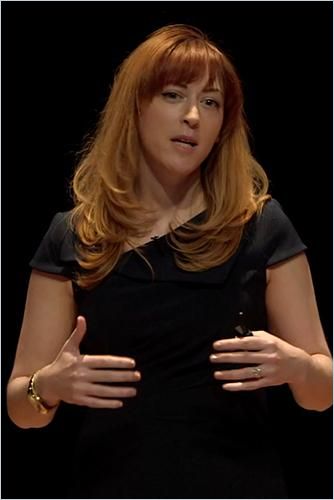
Highlights:
- Stress is an indicator of purpose and engagement, as those who experience meaningful lives tend to worry more.
- Viewing stress through a positive lens can reduce your production of cortisol, a stress hormone; increase your production of neurosteroids that help the brain adapt to challenges; and raise your heart rate variability, a signal of emotional resilience.
5. Evaluate the Details: McGonigal’s Books
McGonigal’s first book, The Willpower Instinct, draws upon the latest research in psychology, economics, neuroscience and medicine to explain what willpower is (and is not) and how to develop and harness it. Here are some highlights:
- Recognize that your impulsive part that seeks immediate gratification isn’t bad – it just has a different view on what is important.
- Chronic stress diverts your energy from long-term needs and makes you more susceptible to temptation.
- Taking care of your well-being will strengthen your willpower physiology.
- Willpower is like a muscle that gets stronger with practice – but also becomes depleted if you overdo it. So push your limits but pace yourself.
- Willpower involves catching yourself before acting on impulse and choosing to do the thing that better serves your long-term goals.
- Don’t frame willpower challenges in moral terms. For better self-control, focus on your goals and values.
- If you focus on goals and values, giving in to temptation will look more like a threat to a personal goal – which makes the temptation much less attractive.
- The key is to separate the real rewards that give our lives meaning from the false rewards that keep us distracted and addicted.
- Beating yourself up for giving into a temptation will weaken your self-control in the long term. If you slip up, forgive yourself and refocus on your goal.
- Visualizing your future self enjoying the fruits of your willpower will make it easier to say “no” to a temptation.
My work has always been to basically take an inner experience that people reject, force them to accept it and understand it, so that they can make peace with it.
Kelly McGonigal
Kelly McGonigal’s second book, The Upside of Stress, expands on her contrarian look at stress described in her popular TED talk. Her strategy for dealing with stress bears similarities to the way she approached willpower challenges in her earlier book. Stress, like willpower challenges, is an inner experience that we need to learn to embrace, not fight. A better way to deal with unpleasant inner experiences like cravings or stress is to feel and hold them in awareness, see them as part of being human, and move forward by focusing on what you can control.
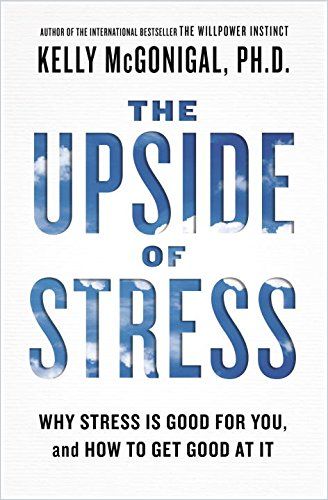
Highlights:
- People don’t share any “universal” physical response to stressors.
- You can learn to activate particular responses to stress.
- Connecting with and helping others is one of the best strategies for managing stress.
Whatever the sensations of stress are, worry less about trying to make them go away, and focus more on what you are going to do with the energy, strength and drive that stress gives you.
Kelly McGonigal
McGonigal’s third book, The Joy of Movement, is the book she wanted to write her whole life, she explained in an episode of the Rich Roll Podcast. Movement and exercise have been her lifelong passion, and her latest book expounds on their merits. Far from just keeping you fit and healthy, she explains, exercise can bring us happiness, meaning and connection.
6. Additional Resources by Topic
- Your health, happiness and productivity start with your physiology – Cutting-edge research increasingly drives home a point that the ancient Yogis knew all along: There is really no separation between body and mind. Books on the interconnectedness between physical health, physiological responses and mental health have been proliferating in the past 10 years. Here just a few examples:
- Resilience starts with managing your emotions – We learn from McGonigal that willpower is about acknowledging – but not giving in to – temporary moods and doing what is in your best long-term interest. Learn more about developing the ability to comprehend and manage your emotions so you can perform at your best in Damon Zahariades’s The Mental Toughness Handbook and in Akash Karia’s Emotional Habits.
- With the right attitude, stress can help you grow – Health and performance consultant Richard Sutton takes a deep dive into the science of stress. Learn how to manage stress effectively by carefully patterning your life and your health-promoting activities after those of professional athletes, he explains in The Stress Code.
- Human connections are essential for both your physical and mental health – A key take-away from The Upside of Stress is that human connections are great stress busters. The lack of human connection doesn’t just make us more stressed but also more depressed, Johann Hari explains in Lost Connections. Similarly, in Together, US surgeon general Vivek Murthy explains that loneliness can be as detrimental to your health as smoking.
- Meaning and purpose are essential to thriving – McGonigal’s findings suggests that doing something that is meaningful – even if this increases your stress levels – helps us live longer and more happily. Abraham Maslow may best be known for his iconic pyramid of needs, with our physiological needs sitting at the bottom and self-actualization at the top. But did you know that Maslow himself never presented his theory as a pyramid? Having meaning and purpose in life is not a nice-to-have but can be as essential to your survival as food and sleep. Seeking meaning in life is humankind’s primary drive, Holocaust survivor Victor E. Frankl movingly explains in his memoir, Man’s Search for Meaning. Check out getAbstract’s Purpose channel for hands-on advice on finding and living your unique purpose.
Every thought, attitude and emotion has a physiological consequence, and our physiological activity feeds back…to influence our thought processes, emotional reactions and behavior.
Alan Watkins
- Making “dry-sounding” academic research accessible and relevant to a broader public – Academics make new findings and debunk old myths all the time. Some of these findings could really help make our lives better – if we only knew about it. Especially when it comes to topics around health and psychology, it’s hard for a layman to distinguish between New Age pseudo-psychology and insights grounded in solid science. Kelly belongs to a group of thought leaders steeped in academic research with a knack for translating the research into actionable self-help book. Examples are books by Brené Brown, Jacinta M. Jiménez and Alan Watkins, as featured in this sample reading list:
7. Deep Dive: Increasing Resilience
Find out more about Kelly McGonigal’s main topics in our related Journal articles:
About Our Thought Leader Profiles
Biographies can be found on Wikipedia. What you find here are instant practical insights into the thinking of important contemporaries – with handy references to the summaries of their works at getAbstract, of course.
